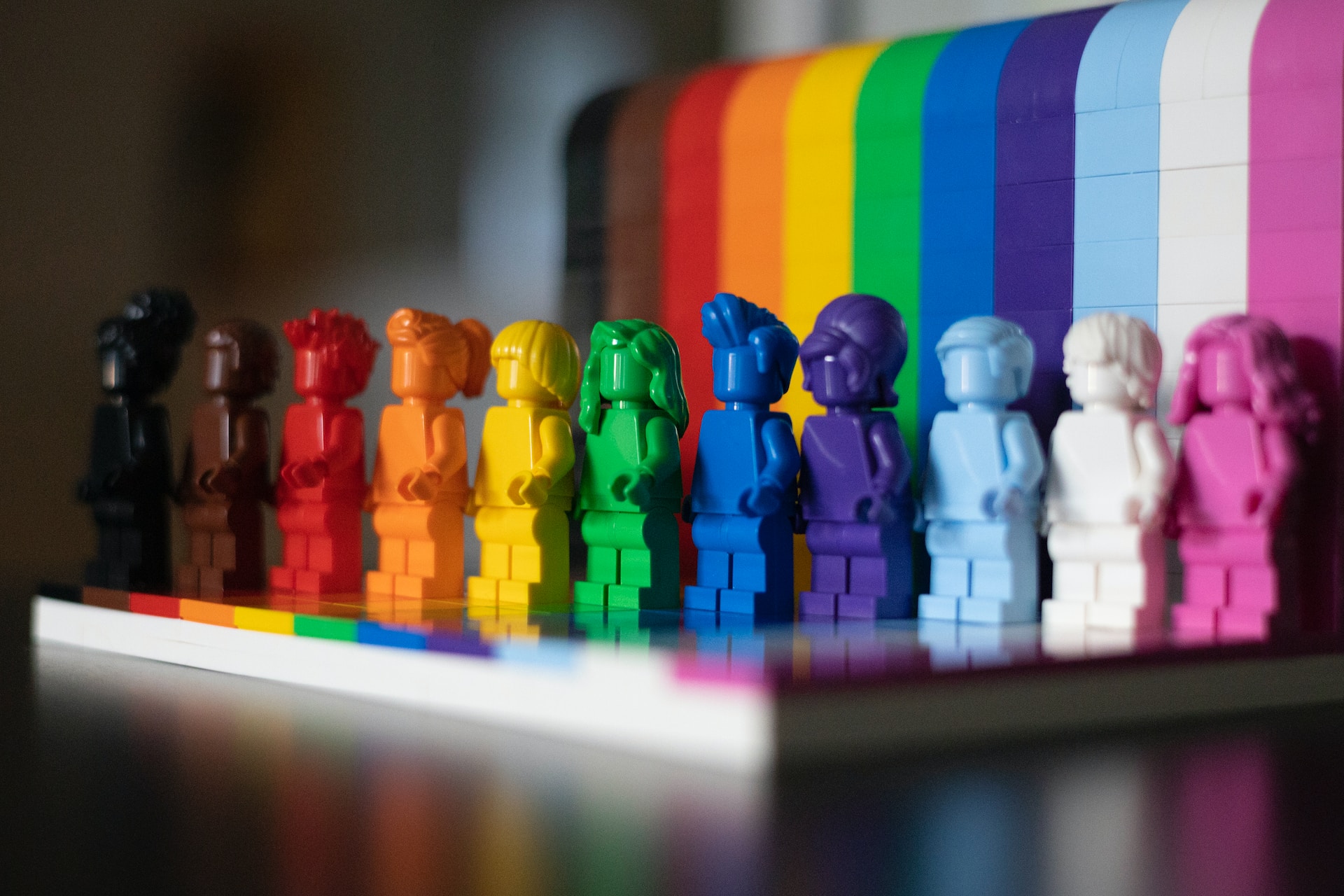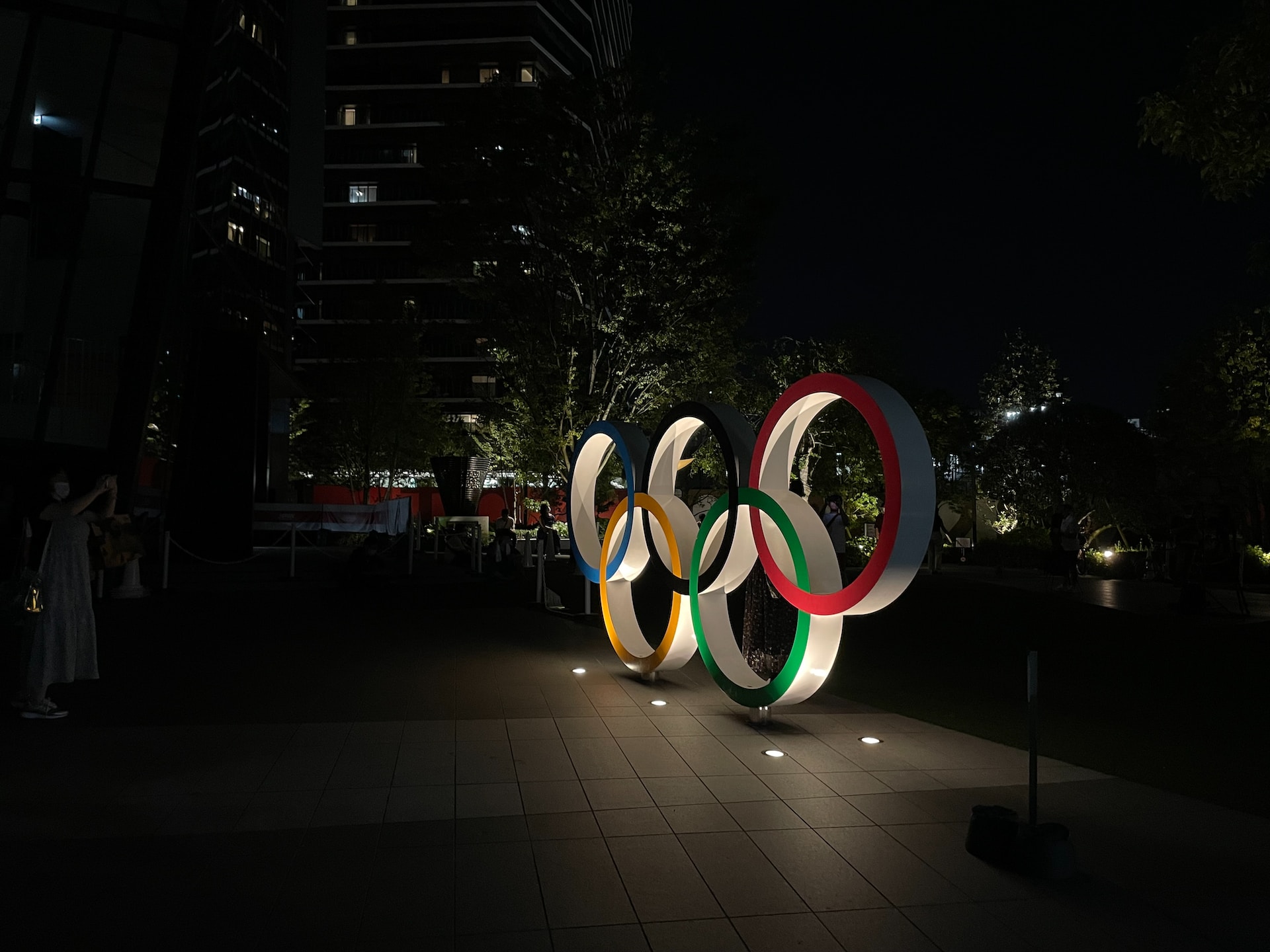The Gay Games Legacy: Celebrating Inclusivity in Sports Since 1982

On 28 August 1982, a historic event took place in San Francisco. The city, already a beacon for the LGBTQ+ community, played host to the inaugural Gay Games. Orchestrated by athlete and activist Tom Waddell, the event welcomed 1,350 participants from over 170 cities worldwide. Over the course of nine days, an audience of roughly 10,000 witnessed a spectacle reminiscent of the Olympic Games. A torch journeyed from the iconic Stonewall riots site in New York all the way to San Francisco’s Kezar Stadium, and the legendary Tina Turner graced the opening ceremonies with her presence.
Tom Waddell’s Vision: More than Just Games
Waddell, who once competed as an Olympic decathlete in 1968, was inspired by a gay men’s bowling tournament he saw on television. He felt the Gay Rights Movement was overly focused on stereotypes, particularly centered on young, white men. With the Games, Waddell wanted to stress that individuals were first humans, regardless of their sexual orientation. Teaming up with Mark Brown and later with Paul Mart, the Gay Olympic Committee was founded in 1980, later evolving into the San Francisco Art & Athletics (SFAA) Committee.
Promotion of Inclusivity: Setting a Gold Standard
The 1982 Games were groundbreaking in promoting gender equality. It was an event that prioritized inclusivity, providing a haven for athletes from countries where being openly LGBTQ+ could be dangerous or even illegal.
The Olympic Controversy: A Name in Dispute
However, the journey to the Games wasn’t without its obstacles. The initial name, ‘Gay Olympics’, faced legal challenges from the International Olympic Committee (IOC).

Just three weeks before the Games’ debut, the IOC filed a lawsuit, citing the US Amateur Sports Act of 1978 which allowed only the United States Olympic & Paralympic Committee (USOC) to use the term ‘Olympic’. Though Waddell and his team countered the claim, pointing out that events like the Special Olympics were permitted to use the term, the IOC’s stance was firm. The Games proceeded nonetheless, and were hailed a triumph.
The Growth and Evolution: From San Francisco to the World
The success of the inaugural event saw the Gay Games return to San Francisco in 1986, attracting even more participants. By 1994, the Games had expanded to New York City, coinciding with the 25th anniversary of the Stonewall Riots. Impressively, this edition of the Gay Games surpassed the Olympics in participation numbers.
The Future Looks Bright: 2022 and Beyond
Fast-forward to today, and the Gay Games continue to thrive. While the 2022 edition faced postponement due to the global Covid-19 pandemic, it is now set to be held in two locations – Hong Kong and Guadalajara, Mexico – a first in the event’s illustrious history.
In conclusion, the Gay Games remain a testament to the spirit of inclusivity and unity. What began as a vision in San Francisco has grown into a global movement, championing the rights and talents of LGBTQ+ athletes everywhere.
©equalityvoices.org
